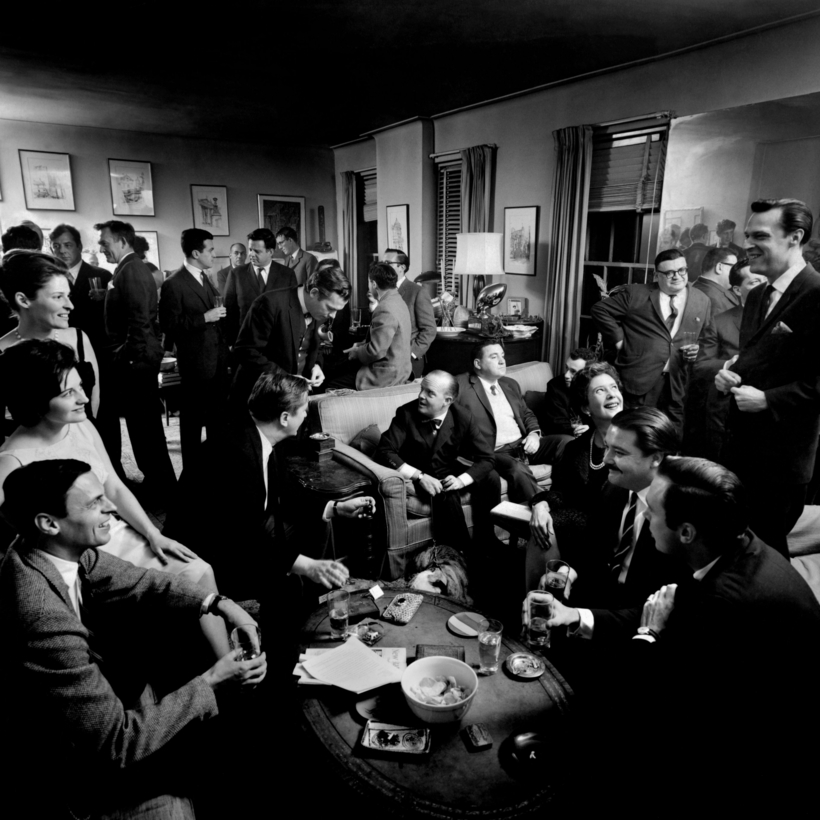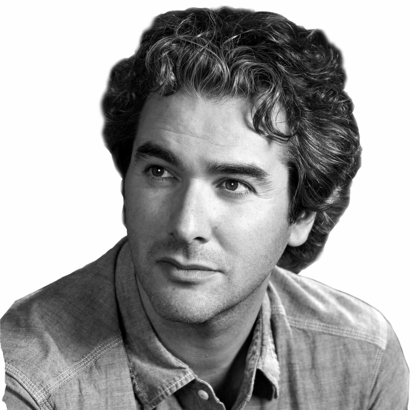On the night of September 15, a party was held to celebrate the release of The Paris Review’s most recent issue. When it ended, and the dozens of writers, editors, and poets streamed out of the Chelsea office, the staff of America’s pre-eminent literary quarterly found their hospitality had been abused.
As reported in Page Six, an e-mail went out. “In the aftermath of the party,” it read, “we noticed an empty picture hook on our wall where a beautiful archival photograph of two women reading The Paris Review used to be. We miss the picture very much, and we would be grateful to anyone who could help us recover it—no questions asked.”


